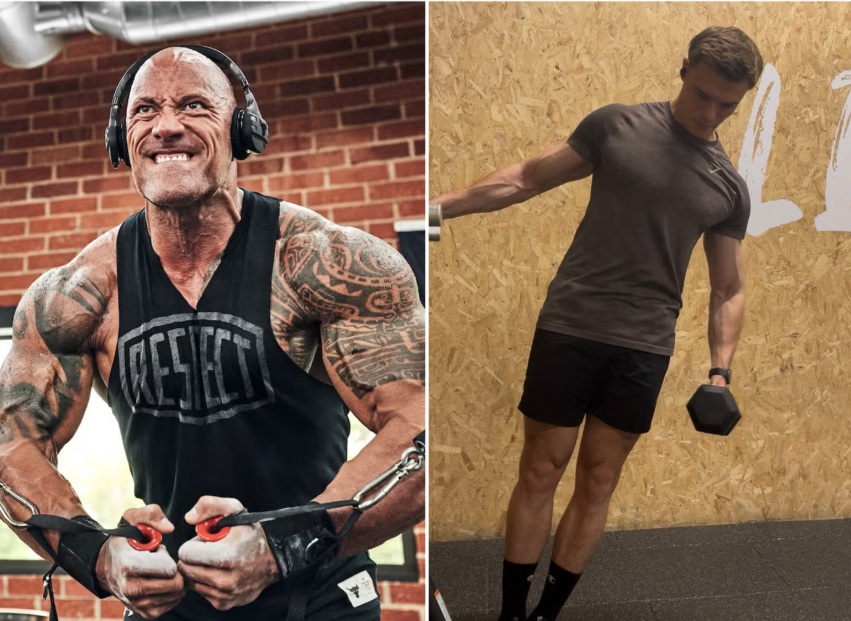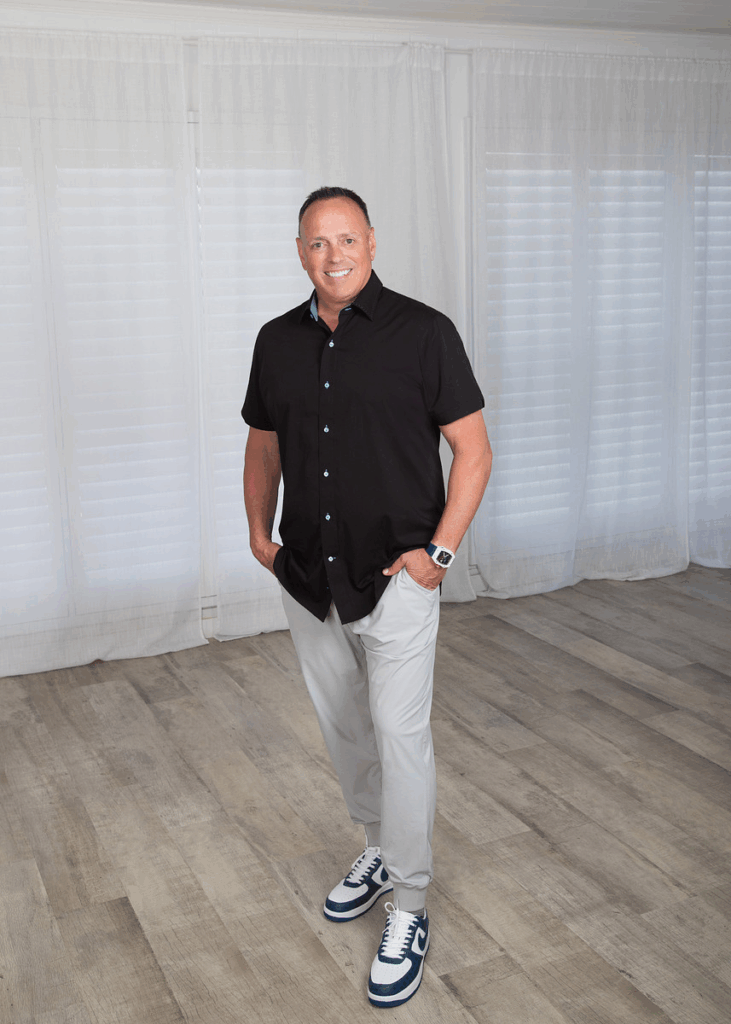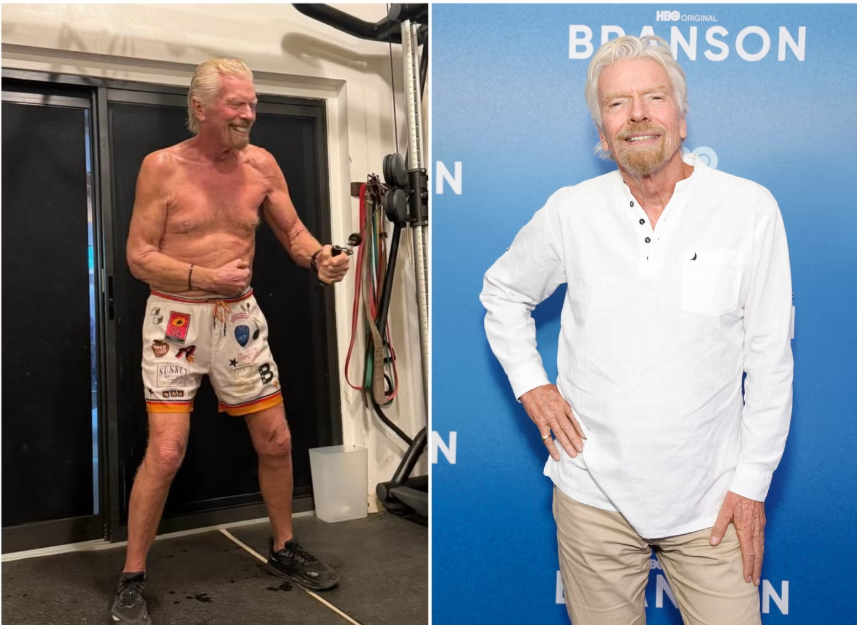Though the sport of CrossFit has generated many a name with the kind of social clout and celebrity-status once-reserved for Hollywood’s biggest stars, in the UK only one man comes to mind: Zack George. In the 2020 CrossFit Open, George emerged as the fittest man in the UK, placing 26th worldwide as he earned his spot amongst the best in the sport’s most prestigious event. 2021 then, was expected to be a big one for George. Off the back of his 2020 success, he was eyeing the 2021 CrossFit Games with the kind of steely determination reserved for only the most likely of contenders. But then he felt a niggle in his hip flexor. He pushed through the pain but it eventually caught up to him, resulting in a significant injury and shooting pain all down his leg. George’s hopes for 2021 were dashed as he was sidelined by the injury.
For so many athletes who have a social media presence, victories are lauded on the platform like a by-product of hard-work and determination. But as anyone who has trained for an event or played sport can attest, injuries and setbacks are just as much a part of the territory as celebratory wins. The difference is that the latter are talked about, whereas injuries seem to see athletes disappear from socials altogether, only re-emerging when they’ve fought their way back into competition. What this does is create an image of athletes as super-human and in the limited personal accounts of injury that exist out there on the web, we fail to see just how devastating these periods are and how they can be overcome.
It’s this that Zack George wants to change. Rather than face the public with the kind of bravado you might expect from the world’s top male sports stars, George reminds audiences that wallowing is a necessary emotion, much like sadness and pain. “It’s a process that’s important for your body to go through, physically and mentally, because if you try to bounce back the next day and start setting goals, it’s going to catch up with you at some point,” he tells GQ UK in a recent interview.
In facing his own injury, George has realised that it’s OK to not be OK. He admits, “I’ve never been ashamed to just say, “I’m not OK. I just need four days of not talking. I’ll be fine after those days, but just during this time I just need to be on my own.” I need to wallow and I need to sulk for a couple of days.” As George explains, “I think if more people openly admitted they’re not OK and that they need some time, the process would be so much more beneficial. People would come back from setbacks a lot stronger.”
For George, this period of “wallowing” involved days on his own, eating rubbish and not speaking to anyone. Naturally, this time will look different for everyone, but George realised the need to be by himself for that period. Central to his mindset though, is the acknowledgement that in feeling these emotions and giving himself the permission to do so, he knows it won’t last forever and he ensures that it lasts for those four days and not weeks and months. “Allow yourself three days, whatever it is, just to do that activity that is going to make you feel better. But after that timeframe, get right back into setting goals and a positive attitude.”
George admits that injuries are simply part of the terrain that comes with competition and pushing your body. But while they might be common, George tells GQ that a lot of the recovery process and reflection that comes with being sidelined is identifying what went wrong and learning to look after your body in the best way possible. “You’ve got to identify the reason for the injury and make sure you are changing your training in the future so that doesn’t occur again,” says George. “Once you’ve identified that, make sure you’re doing the right rehab exercises so you can get back towards training.”
He advises to train around your injury, and use the opportunity to work on weakness that you may have been putting off simply because you don’t like doing them. Most importantly, acknowledge that there will be bad days down the line when you’re feeling unmotivated or upset about the state of your injury. These days are expected, and are OK. “You’ve got to be dedicated, but you’ve also got to be realistic and know that not every day is going to be a breeze. Just because you have a bad day doesn’t mean you turn that into a bad week,” says George.
“If I have a setback, I want to make sure I get every positive aspect out of the situation that I possibly can.”















